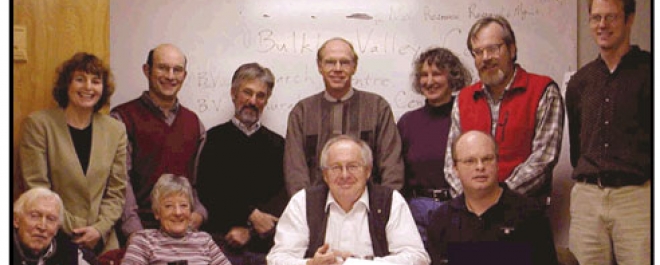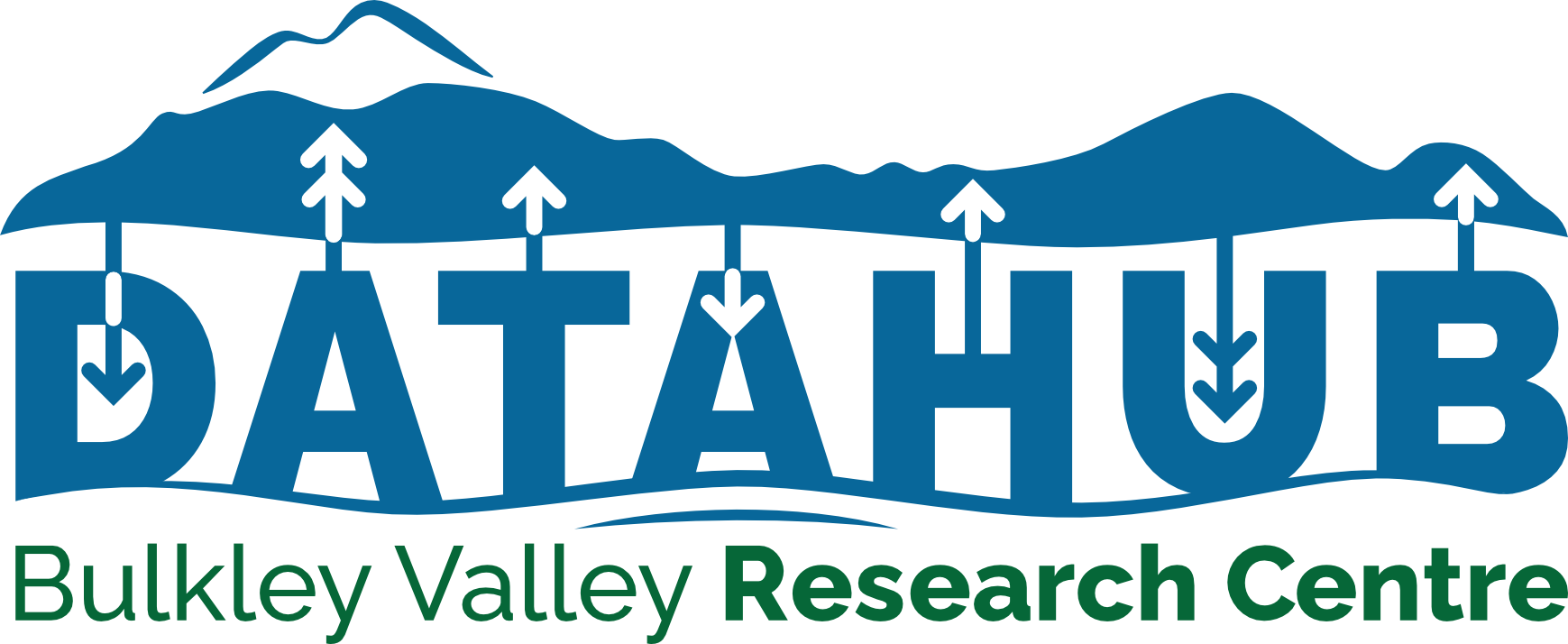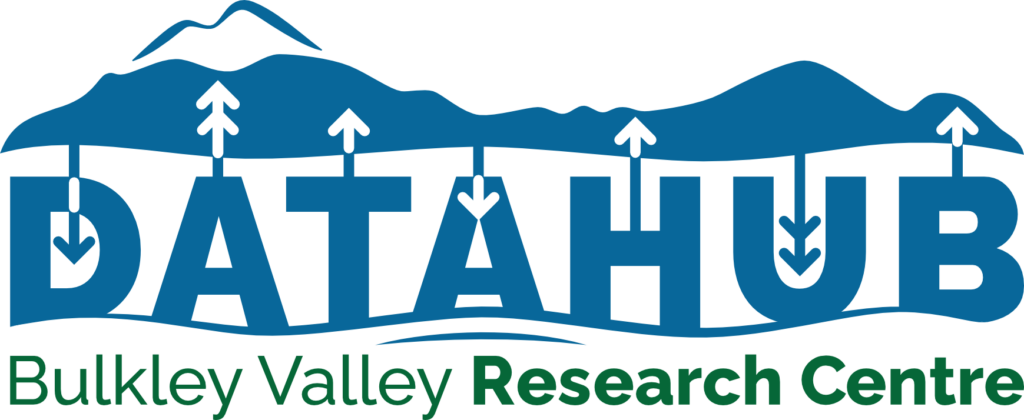Welcome to the BVRC
We are a non-profit society that conducts high quality interdisciplinary research.
Science in the public interest
What We Do
The Bulkley Valley Research Centre is an independent, not-for-profit organization located in Smithers, British Columbia. Our purpose is to supply the robust science required to inform and advance policy and practice related to sustainable natural resource management. Since its establishment in 2002, the BVRC has been at the forefront of conducting independent, high-quality research in northwest BC, overseeing the management of over $20 million in research funding. Our research initiatives are often multi-year and involve collaboration among a range of stakeholders in the field of natural resource management, including industry, government, First Nations, academic institutions, and conservation organizations.
The BVRC serves as a vital platform for researchers to connect with each other and to extend research findings. We are also committed to fostering community engagement on regional natural resource management issues and facilitating decision-making that promotes long-term community sustainability. We provide learning and collaboration opportunities for researchers and the wider community through a variety of avenues, including seminars, conferences, and workshops. Our DataHub, launched in fall 2023, is a critical component of our knowledge extension. It provides a freely accessible, searchable repository of original research and data on the natural resources of northwest BC.
At the BVRC, we’re more than just a research centre – we’re a vibrant catalyst for sustainable progress in our region, investing locally and supporting the core values of our community.
Project Administration & Support
As a registered not-for-profit society, the Centre can be used by researchers as a conduit to apply for funding; the Centre then provides administrative and budgeting support to approved projects. Creating collaborative opportunities enables access to funding sources that might not otherwise be available to independent, unaffiliated researchers. Forming and administering trusts for research and monitoring also provides employment opportunities for local researchers.
Our fee structure and the administrative services we provide for research projects are set out in our Administration Fee Policy.
Our History
In 2002, the Bulkley Valley Research Centre was established as part of a local, grassroots effort to address the challenges of sustainability and community wellbeing during a time of rapid and unprecedented change. In 2001, the newly elected Gordon Campbell government was implementing its vision for the province, which included fiscal austerity, privatization, deregulation of resource industries, a reduced civil service, and the closing of some government offices. This had a dispiriting effect on the vibrant community of public- and private-sector researchers and resource professionals (foresters, biologists, ecologists, earth scientists, educators) that had developed in the Bulkley Valley since the 1970s. Talented people were leaving the community, and opportunities for young researchers were limited, precisely during a period when the need for reliable information and knowledgeable individuals was growing increasingly critical, with the challenges posed by global warming and the mountain pine beetle outbreak being compounded onto ongoing traditional concerns like harvest rates, inventory and monitoring.
A group of concerned community members – which initially included Jim Pojar, Irving Fox, Brian Edmison, and Liz Osborn – came up with a plan to try and retain good people and attract new talent to the Northwest. The Bulkley Valley Research Centre was established in order to address the challenges of natural resource sustainability and community wellbeing by drawing on the region’s favourable geography and collaborative social capital.

Back Row: Sybille Haeussler, Frank Doyle, Tom Buri, Brian Edmison, Anne Harfenist, Paul Sanborn, Kevin Kriese Front Row: Irving Fox (Director Emeritus), Rosemary Fox, Jim Pojar, Carl VanderMark
In the intervening years, northwestern BC has seen significant changes in climate, streamflows, forest cover, insect outbreaks, fish and wildlife populations, road networks and other linear infrastructure, invasive species’ impacts, sawmill shutdowns, population trends, and occupations in urban centres. We now have access to smartphones, 3-D printing, Google Earth, drones, digital cameras, GPS units, LIDAR, CRISPR, and desktop genetic engineering. As founding member Jim Pojar commented, given the amount and pace of change, the importance of natural resources, and the abundance of raw data (vis à vis the shortage of analysis and experienced judgement), the need for broad-based knowledge and evidence-based assessment are more important now than ever before.
Introducing: the Datahub
The BVRC recently launched the DataHub – a centralized platform to manage research data related to the natural resources sector. It is an extensive project database that provides a collaborative space for researchers to access, exchange, and utilize valuable information pertaining to species and ecosystems at risk, conservation, sustainability, and a wide range of similar research.



